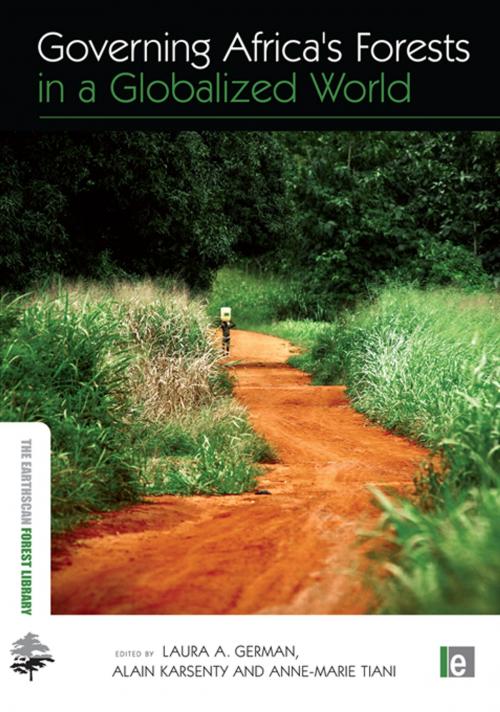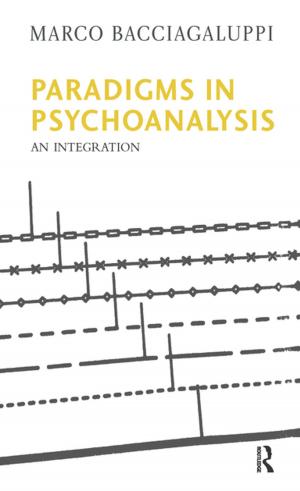Governing Africa's Forests in a Globalized World
Nonfiction, Science & Nature, Technology, Agriculture & Animal Husbandry| Author: | ISBN: | 9781136545511 | |
| Publisher: | Taylor and Francis | Publication: | December 1, 2009 |
| Imprint: | Routledge | Language: | English |
| Author: | |
| ISBN: | 9781136545511 |
| Publisher: | Taylor and Francis |
| Publication: | December 1, 2009 |
| Imprint: | Routledge |
| Language: | English |
Many countries around the world are engaged in decentralization processes, and most African countries face serious problems with forest governance, from benefits sharing to illegality and sustainable forest management. This book summarizes experiences to date on the extent and nature of decentralization and its outcomes - most of which suggest an underperformance of governance reforms - and explores the viability of different governance instruments in the context of weak governance and expanding commercial pressures over forests.
Findings are grouped into two thematic areas: decentralization, livelihoods and sustainable forest management; and international trade, finance and forest sector governance reforms. The authors examine diverse forces shaping the forest sector, including the theory and practice of decentralization, usurpation of authority, corruption and illegality, inequitable patterns of benefits capture and expansion of international trade in timber and carbon credits, and discuss related outcomes on livelihoods, forest condition and equity. The book builds on earlier volumes exploring different dimensions of decentralization and perspectives from other world regions, and distills dimensions of forest governance that are both unique to Africa and representative of broader global patterns. The authors ground their analysis in relevant theory while drawing out implications of their findings for policy and practice.
Many countries around the world are engaged in decentralization processes, and most African countries face serious problems with forest governance, from benefits sharing to illegality and sustainable forest management. This book summarizes experiences to date on the extent and nature of decentralization and its outcomes - most of which suggest an underperformance of governance reforms - and explores the viability of different governance instruments in the context of weak governance and expanding commercial pressures over forests.
Findings are grouped into two thematic areas: decentralization, livelihoods and sustainable forest management; and international trade, finance and forest sector governance reforms. The authors examine diverse forces shaping the forest sector, including the theory and practice of decentralization, usurpation of authority, corruption and illegality, inequitable patterns of benefits capture and expansion of international trade in timber and carbon credits, and discuss related outcomes on livelihoods, forest condition and equity. The book builds on earlier volumes exploring different dimensions of decentralization and perspectives from other world regions, and distills dimensions of forest governance that are both unique to Africa and representative of broader global patterns. The authors ground their analysis in relevant theory while drawing out implications of their findings for policy and practice.















